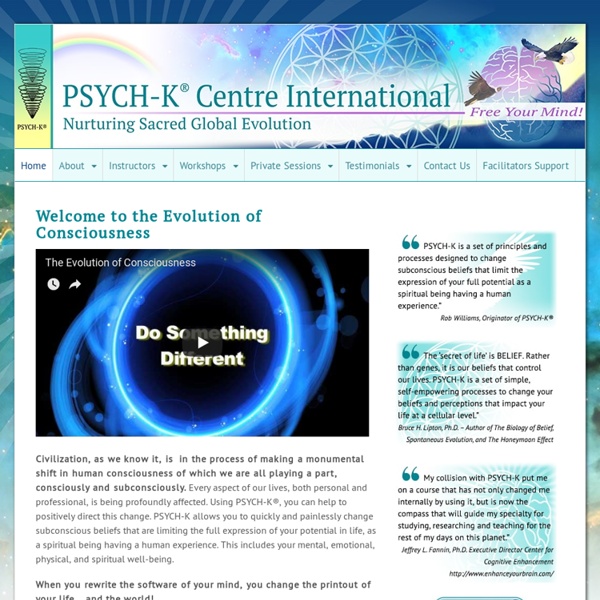



Epigenetic state of wellbeing This is Your Brain on Multitasking Multitasking, you've probably already been warned, threatens your productivity. But be thankful that as an entrepreneur it's not also actually threatening someone's life, as it did in an incident detailed in an article on the dangers of rapidly switching your focus from the editor of Harvard Health. The piece tells of a case of a man admitted to hospital for a minor procedure: One of the man's doctors increased the dose of the blood-thinner warfarin the man was taking. Warfarin helps prevent clots from forming in the bloodstream. As you're probably not qualified to prescribe prescription medications, you could wonder what this story has to do with you. Luckily, Harvard isn't just out to shock you into changing your ways, the doctors are also offering an alternative way to work to help you kick the multitasking habit. Instead of trying to do several things at once—and often none of them well—Hammerness and Moore suggest what they call set shifting.
Overview | About IONS former President and CEO, Marilyn Schlitz, talks about the history and work of the Institute. Click the screen to play the video, then move your cursor off the screen to hide the controls. The Institute of Noetic Sciences™, founded in 1973 by Apollo 14 astronaut Edgar Mitchell, is a 501(c)(3) nonprofit research, education, and membership organization whose mission is supporting individual and collective transformation through consciousness research, educational outreach, and engaging a global learning community in the realization of our human potential. “Noetic” comes from the Greek word nous, which means “intuitive mind” or “inner knowing.” IONS™ conducts, sponsors, and collaborates on leading-edge research into the potentials and powers of consciousness, exploring phenomena that do not necessarily fit conventional scientific models while maintaining a commitment to scientific rigor.
Matrix Energetics Transformational seminars taught by Richard Bartlett